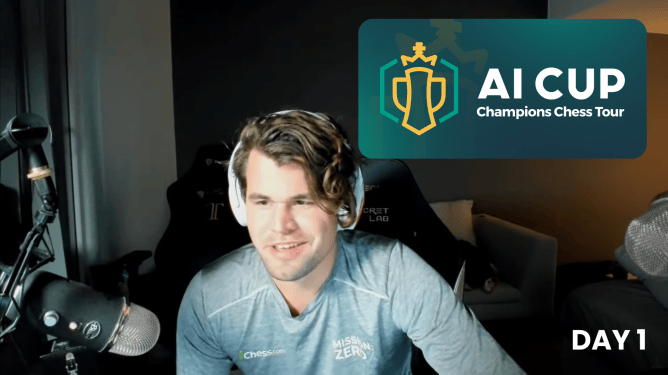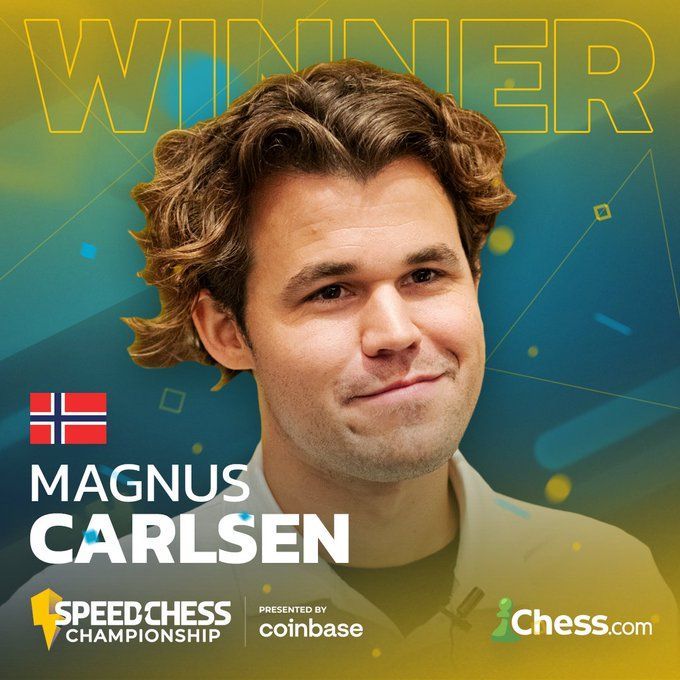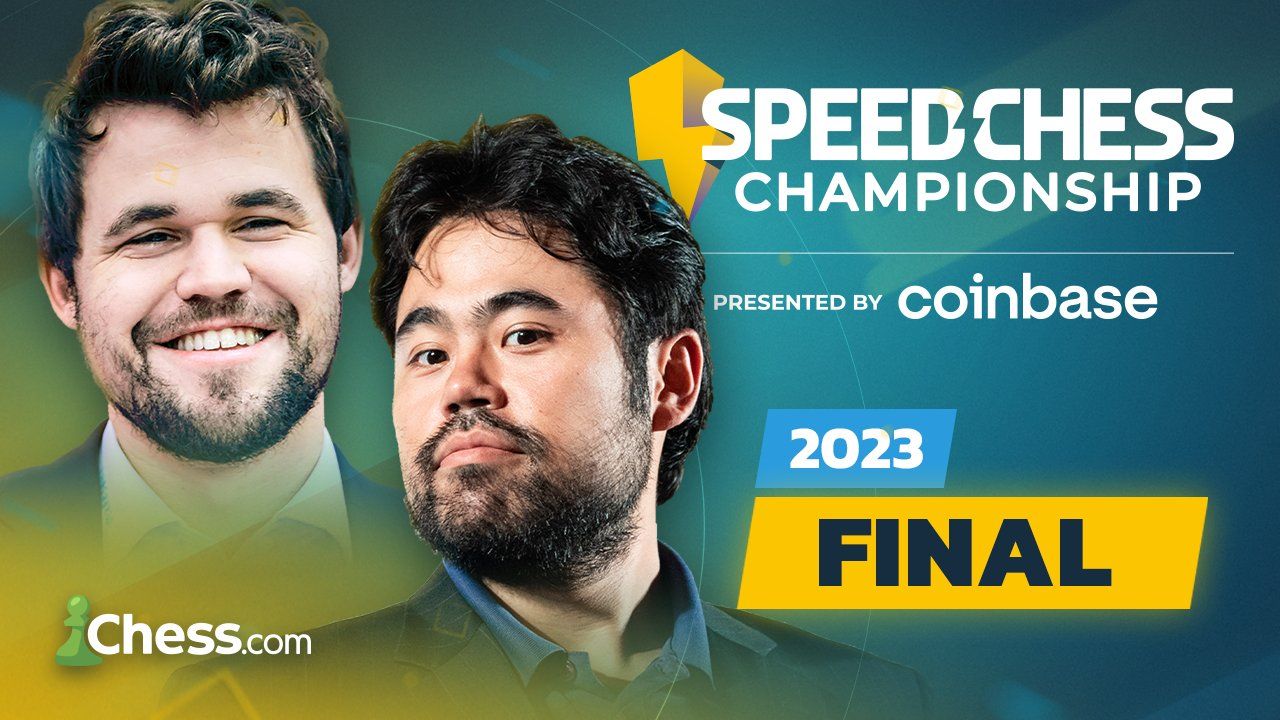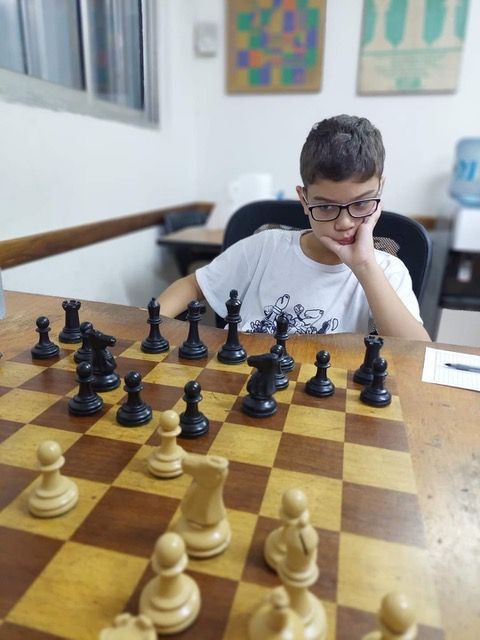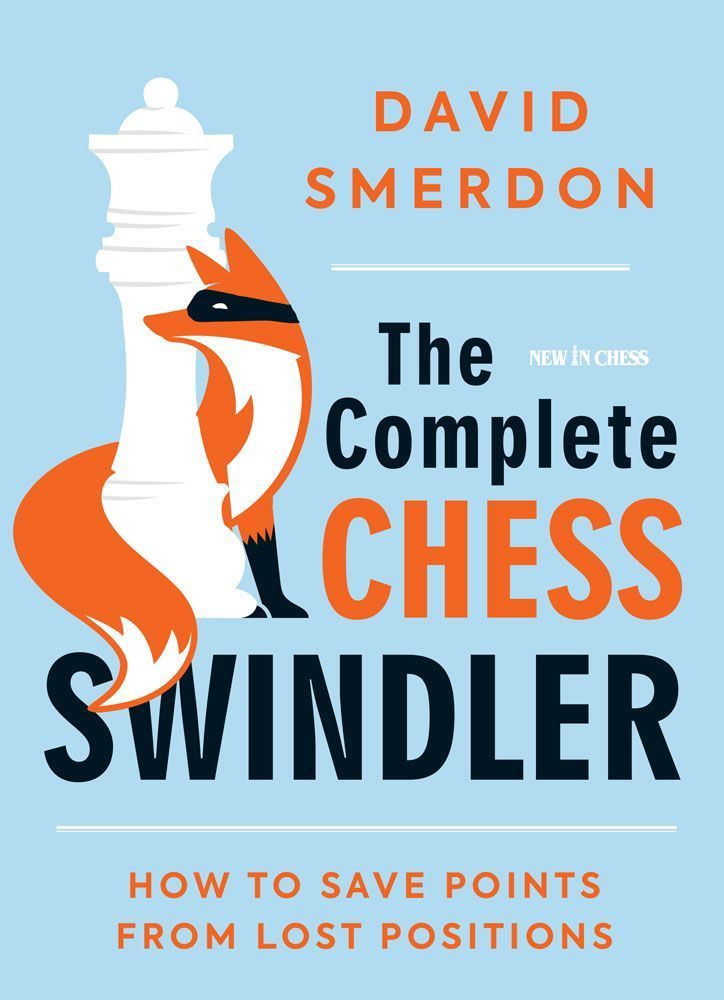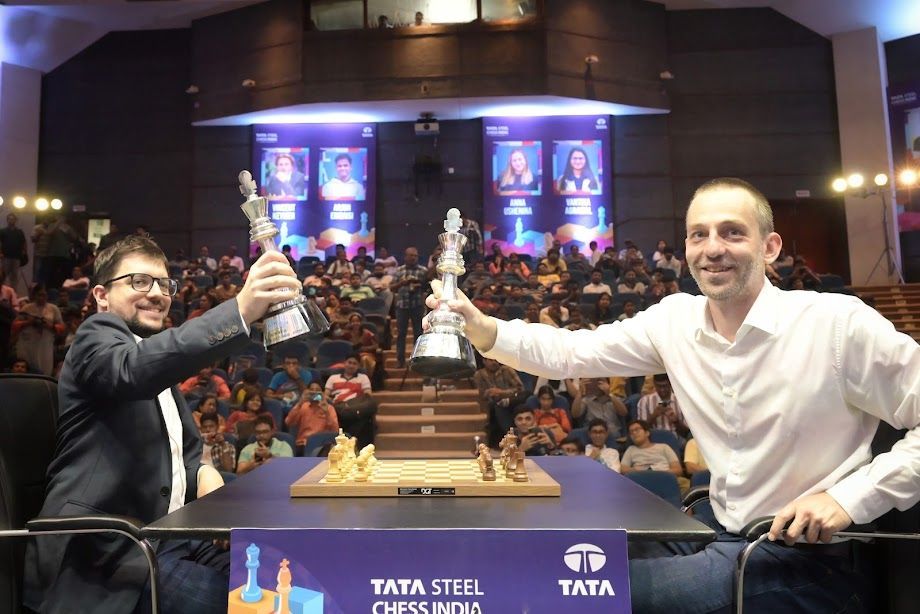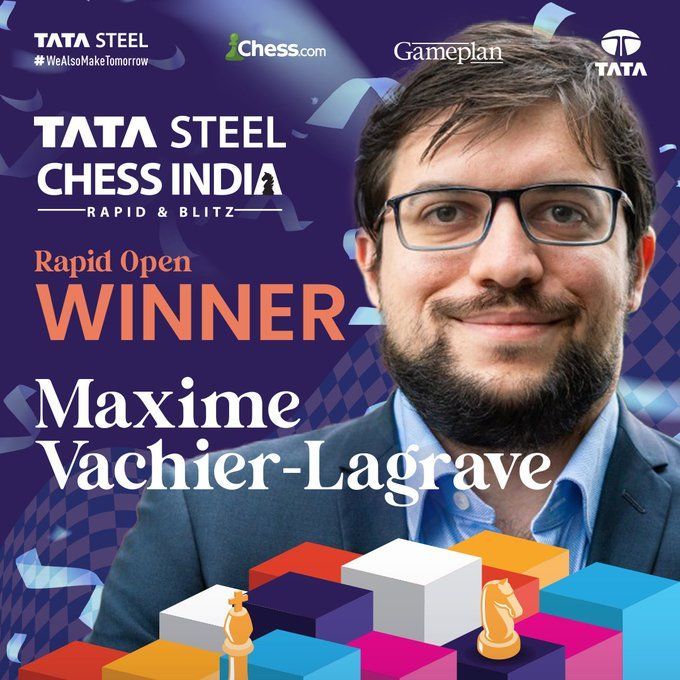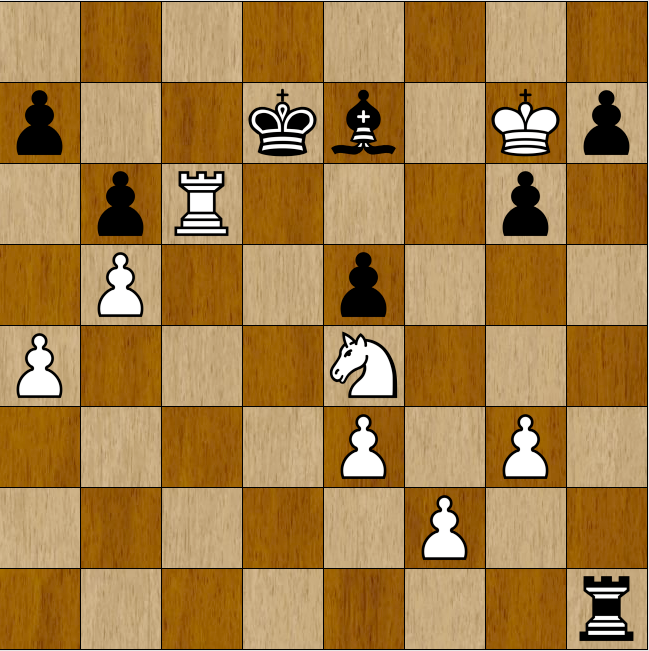Grip of the Iron Tigran
In the immediate aftermath of Fischer-Spassky in Reykjavik 1972, one of my first “proper” chess books picked up from a visit to my local William Patrick Memorial Library in Kirkintilloch was Bob Wade’s account of another world championship clash from a decade earlier, between Tigran Petrosian and Mikhail Botvinnik, that took place in Moscow 1963 and concluded 60 years ago tomorrow.
Petrosian got off to the worst of all possible starts in the two-month epic struggle, with a horrific loss in the first game but equalised in game 5, after famously adjourning with his (White) rampant king deep in the enemy’s bowels; and the challenger used this brilliant game (see below) as the launchpad for going on to win 12½-9½ and subsequently crowned the ninth world champion.
A crucial historical side-note to the match was that Petrosian had marshalled sufficient political clout within the Kremlin to deny postwar multi-time champion Botvinnik his usual automatic 12-month rematch clause, which the cunning Patriarch had successfully availed himself of after losing to “Winter kings” Vasily Smyslov (1957) and Mikhail Tal (1960). Petrosian then went on to successfully defend his title against Boris Spassky in 1966 before the latter defeated him in 1969; Spassky was, in his turn, famously dethroned by American lone wolf Fischer in 1972.
Nicknamed “Iron Tigran”, Petrosian became a hero in his native Armenia, and it’s said that when he was preparing for Botvinnik, they closed his street in the capital, Yerevan, to traffic so that he could concentrate fully ahead of the match - and his victory sixty years ago proved to be the catalyst for the outbreak of a big chess fever that inspired an entire generation of Armenian players, who went on to capture - in their own right, following the collapse of the Soviet Union in 1991 - gold in three Olympiads (2006, 2008 & 2012).
"That [Petrosian’s victory] was what started it all. It was a fantastic example of the development of chess in Armenia," once observed Armenia’s national chess team coach, Arshak Petrosian (no relation). "Chess quickly became a national obsession, thousands of families named their children Tigran in his honour, and enthusiasm for the game has only grown in the decades since."
“Oh, those exclamation points! How they erode the soul of the innocent amateur, removing all hope of allowing him to examine another player’s ideas critically.” This is one of my favourite Petrosian quotes about the chess notation “!” indicating a good move. There are several in his famous game 5 recovery win over Botvinnik, but each and every one of them is fully deserved and crystal-clear in the creation of this instructive endgame masterclass.
GM Tigran Petrosian - GM Mikhail Botvinnik
1963 World Championship Match, Game 5
D94: Grünfeld, 5.e3
1.c4 g6 2.d4 Nf6 3.Nc3 d5 4.Nf3 Bg7 5.e3
Slow systems became a hallmark for Petrosian against the Grunfeld Defence.
5...O-O 6.Be2 dxc4 7.Bxc4 c5 8.d5 e6 9.dxe6 Qxd1+ 10.Kxd1 Bxe6 11.Bxe6 fxe6 12.Ke2
Petrosian actually trailed by a point when this game was played, but stays true to his style with a low-key opening contest to seek the tiniest of advantages. In his pre-match preparation on this line, Petrosian confidently predicted Botvinnik would lose if he went for the queen trade owing to the isolated Black e-pawn and the dominance of the White knight - and how right his assessment was of the position!
12...Nc6 13.Rd1 Rad8 14.Rxd8 Rxd8 15.Ng5 Re8 16.Nge4 Nxe4 17.Nxe4
White's knight arrives at its perfect square - a square from where Petrosian demonstrates his supremely deft handling of knights.17...b6 18.Rb1A subtle little move, typical of Petrosian, that aims to neutralise Black's primary compensation: the queenside pawn majority.
18...Nb4 19.Bd2 Nd5 20.a4 Rc8 21.b3 Bf8 22.Rc1 Be7?!
Mikhail Tal, a great contemporary of both Botvinnik and Petrosian, suggested that now 22...Rb8! to sidestep White's next move - a move that sees Petrosian take a clear advantage. Hindsight in chess, as always, is 20/20!
23.b4!
Petrosian allows Botvinnik a passed pawn, but it is not going anywhere.
23...c4 24.b5
Now Black's cut-off c-pawn can't be saved in the long run. Botvinnik had to realise here he was facing a very tough defence - not something anyone would relish against Iron Tigran!
24...Kf7 25.Bc3 Ba3 26.Rc2 Nxc3+ 27.Rxc3 Bb4 28.Rc2 Ke7 29.Nd2
The c-pawn is just too vulnerable - and if that falls, the ending with the isolated e-pawn will be bad for Black, as Petrosian masterfully demonstrates.
29...c3 30.Ne4 Ba5 31.Kd3 Rd8+ 32.Kc4 Rd1
So why not the tempting 32...Rd2, you may well be asking? It fails to the calm riposte 33.Kb3! and next comes Nxc3 picking off the c-pawn.
33.Nxc3 Rh1 34.Ne4 Rxh2 35.Kd4!
A remarkable winning concept from Petrosian.
35...Kd7
If 35...Rxg2 36.Rc7+ and White easily wins after Rxh7 first followed by the a7-pawn.
36.g3
White dominates the board. His rook controls the only open file, his knight is ready to pounce, and everything is defended. The crucial winning ingredient now is Petrosian's king marching into the enemy’s gut to dominate.
36...Bb4 37.Ke5!
With White's king joining the fray, Petrosian finishes things off with pinpoint accuracy against Botvinnik's misplaced forces.
37...Rh5+ 38.Kf6 Be7+ 39.Kg7 e5 40.Rc6 Rh1(see diagram)
41.Kf7!
Petrosian's sealed move - and he makes no mistake with it being the winning move. There's no escape from here - not even for Botvinnik, who was the absolute master of the lost art of adjournment analysis that saved and won many games.
41...Ra1 42.Re6 Bd8 43.Rd6+ Kc8 44.Ke8 Bc7 45.Rc6 Rd1 46.Ng5 Rd8+ 47.Kf7 Rd7+ 48.Kg8 1-0 Botvinnik throws in the towel, facing lines like 48...h5 49.Ne6 Re7 50.Rxc7+ Rxc7 51. Nxc7 Kxc7 52.f4! Kd6 53.Kf7 exf4 54.exf4 with an elementary K+P endgame win.


